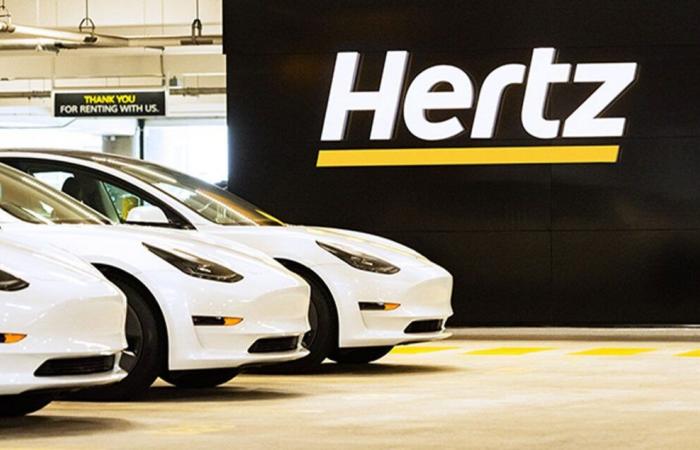The mobility orientation law (LOM) is not new for companies and fleet managers, who know that they must deal with this new parameter. Which sets objectives for greening fleets: “Since January 1, 2022, at least 10% of vehicles renewed annually must be VFEs. This minimum share increases to 20% from 2024, to 40% from 2027 and 70% from 2030”. Currently under discussion, the 2025 finance bill (PLF) plans to toughen up the tone with companies that do not play the game, by taxing them severely. A provision of the law that the National Assembly had withdrawn, but which finally returned to the Senate, which has just adopted the measure.
Up to €5,000 per missing car
The idea is to tax companies that do not have enough low-emission vehicles (LEVs), based on the number of vehicles missing to reach the target. A number which would then be multiplied by a sum, already known: €2,000 in 2025, €4,000 in 2026 then €5,000 in 2027. As our colleagues remind us d’Auto-infosthe calculation is very complex, since unlike the TVS, which is simply based on the vehicle fleet present in the society, the tax on the greening of the fleet uses the “sliding” fleet, i.e. -say the number of low-emission cars and their presence time in the fleet. The idea is probably to prevent some people from cheating the law by adopting VFEs temporarily to get on track, then getting rid of them in the process.
Alert for rental companies
The whole problem with this calculation weighted by the time the vehicle is in the fleet is that it could put all short-term rental companies, who regularly change their vehicles, at risk. This precisely caused the Mobilians organization, which defends the interests of the professional automotive sector, to react.
“With nearly 180,000 annual registrations, or 10% of new car purchases each year, short-term rental companies constitute a major lever in the decarbonization of the uses of individuals, businesses and communities. By providing their customers with new or very recent used vehicles which are shared, rental companies have a positive impact on the environmental transition and offer virtuous solutions. Thanks to the renewal of their fleets on average twice a year, short-term rental companies are fully involved in the policy of greening their fleets and have stepped up their efforts despite the disappearance of the ecological bonus for legal entities at the start of the year. However, they are today faced with a glass ceiling in terms of purchases of electric vehicles, which suffer from low demand among short-term rental users. This is why rental companies are requesting a global plan to make short-term rental of electric vehicles more attractive to professional users in particular.”
Mobilians is therefore asking the Senate to exempt short-term rental companies from the planned sanctions, which would obviously cause very serious damage to the ranks of these companies.






